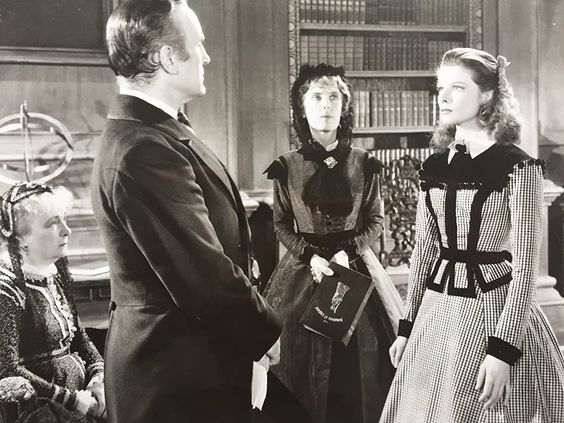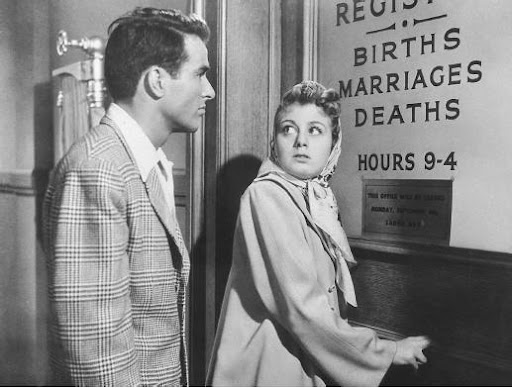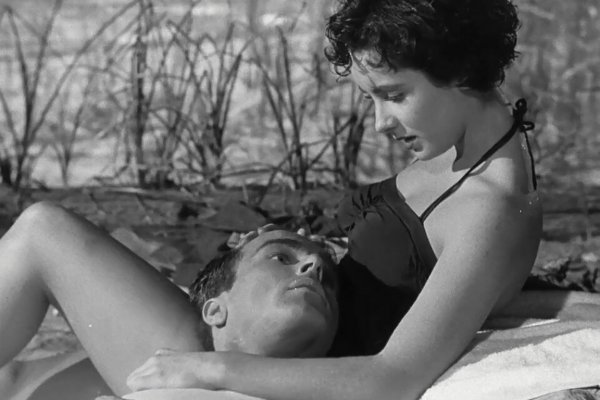MisterCairo
I'll Lock Up
- Messages
- 7,005
- Location
- Gads Hill, Ontario
We watched The Raven when it came to cable TV. I kinda' liked it, but as much as I like John Cusack I didn't for a moment buy him as Poe.
It would be impossible to get a closer look alike, and as for his personality, we know only so much, but his fondness for the drink was I thought well done.





